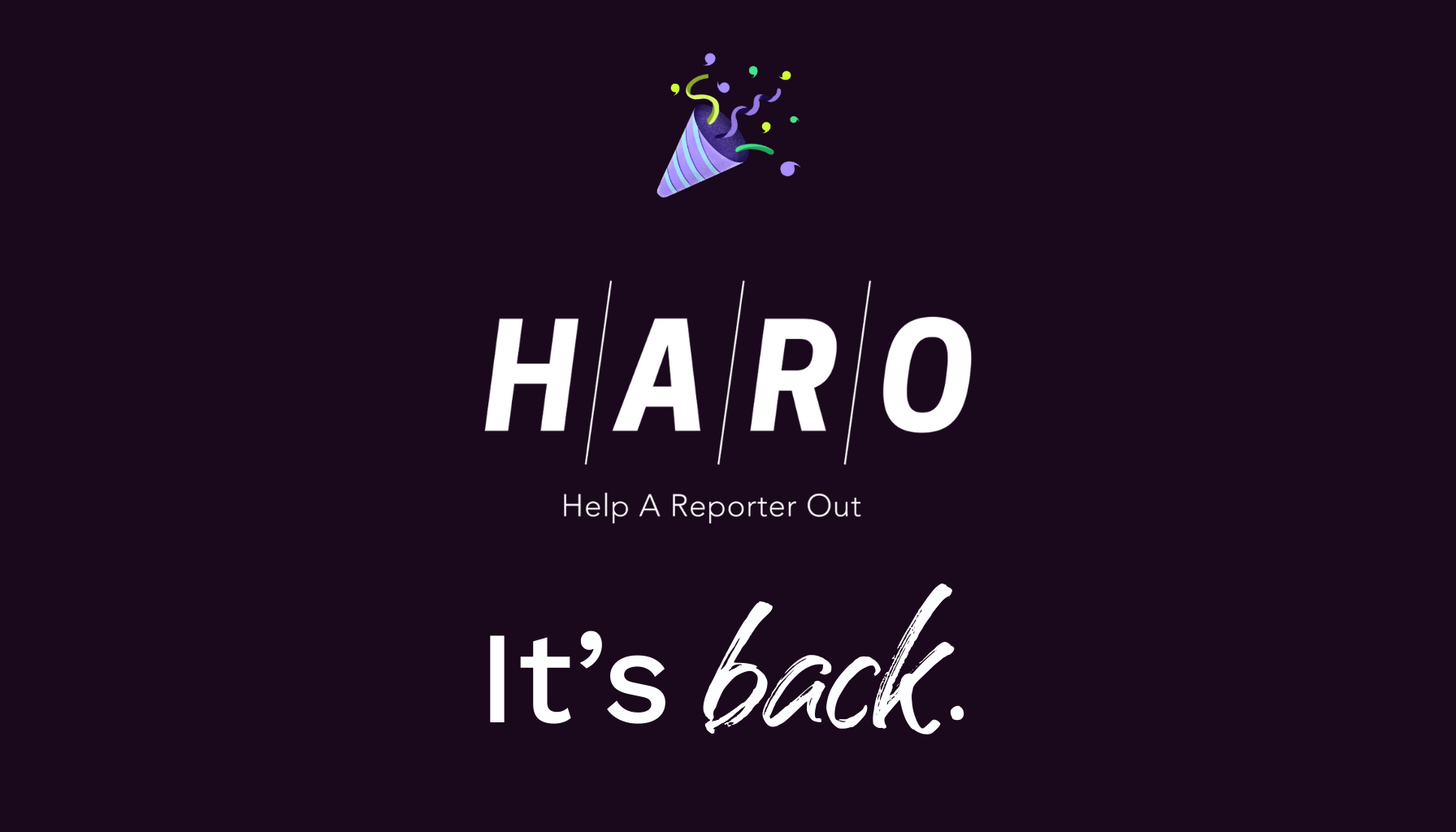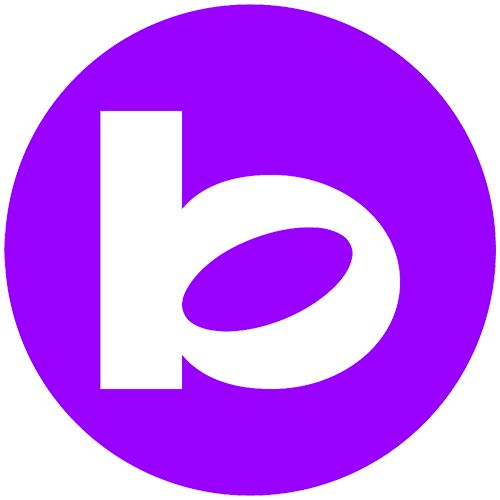The annual MinneBar event, hosted by non-profit Minnestar, is the largest bar camp-style conference in the country. Saturday, April 27th was the fourteenth incarnation of this highly anticipated event, and it did not disappoint. How highly anticipated was it? Tickets were released in two waves this year, and the first wave sold out in under 7 minutes. Total attendance for the 165+ sessions at Best Buy HQ in Richfield was 1,700.
Minnebar has become Minnesota’s version of South by Southwest
-random Minnebar14 attendee
As one passerby put it, MinneBar has become Minnesota’s version of South By Southwest. Don Ball, cofounder of coworking space COCO (now Fueled Collective) credits Managing Director Maria Ploessl and her crew for keeping it a “pure experience”. “Lesser minds would kill it off through monetization,” said Ball.

Misty Robotics did a live coding demonstration with Misty 
TeamGenius’s team of geniuses were also in attendance
Becky Lauseng, Director of HR at the ag-tech software company Conservis and a Minnebar newbie, shared her glowing review with Great North, “This year was my first time attending Minnebar and wow, was I impressed! I’m already looking forward to next year! From the variety of topics offered in the breakout sessions, to the passionate and forward thinking presenters, this event was so valuable to me. For someone who supports a local technology company and its employees, I gained a lot of insight on current trends, ideas and technology advancements that I can take back to work and apply. I can’t wait for next year!”
Great North Labs is a proud supporter of Minnestar and Minnebar. Our advisors Sona Mehring and Alex Ryan are board members, while advisor Ben Edwards and Great North Labs Managing Partner Rob Weber sit on the Advisory Board. Edwards is actually the co-founder of MinneBar and Minnestar, and he returned this year to represent his current startup (and Great North Labs portfolio company) Misty Robotics. We were glad to be a part of another successful Minnebar, and to see a strong showing from the MN tech community. Here are some of the highlights.
Diversity and Inclusion in Tech
The day started as it always does with Session 0. This year’s presenter was Sharon Kennedy Vickers, Chief Information Officer for the City of St. Paul. Vickers is a 2018 Bush Fellow, and is the co-founder of Techquity, and co-organizer of CodeSwitch and Open Twin Cities.

A key point from Vickers’s speech was that one of tech’s greatest pitfalls is in overvaluing “outputs” of users and workers compared to their inputs. She is working towards an inclusive innovation economy, and making Minnesota a great place to launch tech products with social impact.
“Diversity is the invitation into the room. Inclusion is the offer to dance.”
Elliot Payne
Later in the day, Jeff Lin hosted a panel on the importance of diversity in tech, with Antoinette Smith, Jenessa White, Elliott Payne, and Philip Xiao. As Elliott put it, “Diversity is the invitation into the room. Inclusion is the offer to dance.”
At Great North, we believe that founders in rural areas also work at a disadvantage, especially when it comes to accessing capital and receiving strong mentorship. We work with these founders through the tech and entrepreneur communities in cities like Sioux Falls, Fargo, and St. Cloud. So we were glad to see Caitlyn Casper from St. Cloud State’s Entrepreneurship Club taking part in her first Minnebar!

VC Reverse Pitch
Our team’s first presentation of the day was voted into the largest room, the Theater. Great North Labs Managing Partner Rob Weber presented “VC Reverse Pitch” alongside Mary Grove, partner in Revolution’s Rise of the Rest Seed Fund (ROTR). The session shared a fund manager’s perspective on what they seek to know when determining whether a startup is worth investing in and how a VC can help a founder grow their business. It was packed with founders looking for inside knowledge on securing investment.

Among his opening remarks was a tidbit of valuable advice for founders. Rob talked about how important it was for a founder to be knowledgeable and able to provide an overview of their total addressable market (TAM) as experts in that industry. Weber also frequently encountered founders being unable to explain how their startup’s primary distribution model connects to their serviceable market (SAM).
Mary Grove later seconded this notion, as she said that many times what got ROTR excited was when they could look at a fleshed out growth plan, charted out for months in advance. She recommended that founders provide quarterly follow-ups to fund managers with key progress updates.
“One of the reasons we like co-investing with Great North Labs is because Rob and Ryan have the experience of building, growing, and exiting a company.”
Mary Grove, Partner, Revolution’s Rise of the Rest Seed Fund
Grove highlighted the importance of finding good, trustworthy co-investment partners to complete a successful venture round, and talked about why Revolution like to partner with Great North Labs on deals. “One of the reasons we like co-investing with Great North Labs is because Rob and Ryan have the experience of building, growing, and exiting a company.” She had more glowing words for the Weber twins early on, saying, “They are good friends, co-workers, and partners.”
She also stated that it is time for the Twin Cities to be nationally recognized, and we at Great North Labs agree with this wholeheartedly. We think that Revolution’s Rise of the Rest Seed Fund, and their mission of driving economic advance and funding great startups in states outside of traditional VC funding, is the ideal partner in driving this national recognition.
Intro to Exponential Technology & Leadership
Ryan Weber, Great North Labs managing partner (and Rob Weber’s brother), opened by explaining what compelled him to help establish a new chapter of Singularity University’s global community. After attending their executive education program in Silicon Valley, he returned home inspired by the future changes around the corner, and the possibility for global, positive impact by using these technologies for good. He joined the founding team of SingularityU Minneapolis-St. Paul in hopes of educating and inspiring others to work on moonshot projects aimed at changing the world instead of simply solving problems.

The local tech community has gone through extensive growth in the past 5 years, and is becoming one of the best places to form a startup in the country. However, Silicon Valley is far ahead of us when it comes to startups with grand, world-changing visions. Weber believes that to take the tech community even further, we need to study the world’s greatest challenges, and see how we can exploit new exponential technologies to provide solutions that are ten times or more better than what is currently available.
Weber’s presentation included an introduction to the concept of exponential thinking, a review of a few of the most promising new technologies with examples of local startups going after moonshots utilizing them, and closed with a call-to-action to join the movement by joining the chapter. Membership in SingularityU Minneapolis-St. Paul Chapter is free. The chapter’s kickoff event is at UMN-Carlson on the evening of June 4th, and non-members are welcome to attend.
Creating a MoonShot
Ryan Weber and The Sota Enterprises CEO (and Great North Labs Advisor), Nick Tietz, facilitated a working session focused on design to promote moonshot thinking and the new SingularityU Minneapolis-St. Paul Chapter. In 45 minutes they took a packed room of about 75 people through a structured process to generate a moonshot project.

Participants chose a Grand Challenge to work on, then used two methodologies, “Question Storming” and “Future Wheels”, to crystallize a moonshot statement that embodied the key elements of a world-changing project. Each participant left with a self-generated moonshot idea to solve a major problem facing the world that they would be interested in tackling.
Work Space Selection: Aligning Work Space With Your Company’s Growth
While MinneBar is rife with practitioners teaching multiple skill levels in technical niches, it has really broadened its offerings compared to the early days. This year included a presentation on Korean Skin Care, Personal Finance for Programmers, and even one unlisted, pop-up session titled “How I Accidentally Started a Bank in Nigeria” [Or was it Angola? I forget the country].
One interesting, non-technical session addressed the workspace needs of companies with rapidly expanding employee numbers. David Anderson (Frauenshuh commercial real estate service provider) and David Paeper (HGA architects) provided great advice for growth companies on how to align their work space with their company’s growth. “Your most valuable asset is your people so your space needs to make them your first priority” said David.

Their presentation covered a wide breadth of topics including Location, Amenities, Value, Design + Culture, Well-Being + Safety, and Function + Aesthetics. Key takeaways include:
- Subleasing – Subleasing often provides the most flexibility and value. Most, but not all, sublet space can be searched for on an exchange to help a tenant quickly find what’s on the market.
- Visualization Helps Determine Location – They showed examples with overlaid visuals on a map, used to explore where a companies staff live and where the transit options are, in order to determine the optimal location.
- Suburbs vs. Downtown – The costs for the same quality of space are typically similar downtown versus in the suburbs. However, parking typically is an added expense for being downtown.
- Compression Planning – A growth company should utilize compression planning in their real estate plan to help them understand how they can utilize their space effectively from the onset and after they achieve their expected growth without incurring unexpected costs.
- Freestanding Furniture Is Best – Freestanding furniture has greater reusability and is becoming more strongly preferred compared to panel furniture for tech companies whose need to reconfigure frequently
Sharing the Minneapolis-Saint Paul Tech Community Story with the World
For the entrepreneurs and for the tech talent, what’s going on matters, the ecosystem matters, the way we tell our story matters.
Meg Steuer, Forge North
A panel of presenters including Tiffany Orth of Make It. Msp, and Matt Lewis and Meg Steuer of Forge North talked about the importance of storytelling when building and promoting the local tech and innovation ecosystem. While economic opportunity is first and foremost, the whole presentation served as a reminder of all the great reasons why the the area is a good place to work, live, and grow a business.

Moving Forward
Mary Grove’s husband, Steve Grove, is working to drive changes at the state level as the new commissioner of MN DEED. The Minnesota Innovation Collaborative is an important effort to inject some growth into Minnesota’s innovation economy. While the Twin Cities metro has the most Fortune 500 companies per capita among US cities, many of them are from the 1970s or earlier, and we aren’t generating new ones at a lead-sustaining pace. Many parts of the state, including declining rural areas and the Iron Range, are in dire need of economic innovation. While we believe that private investment (like ours and that of ROTR) can drive growth in these areas, we believe that the most impactful approach includes public action as well.

MinneBar is a welcome reminder of the power of community, and of the promise of technology to create a better life. Whether you want to create a moonshot, build an exponential tech startup, get funding for a high-growth venture, house your growing company, or attract out-of-state talent, it’s good to know you are welcome at MinneBar, and in the diverse, inclusive tech ecosystem that is growing here in Minnesota and the upper Midwest.
Great North Labs is proud to work with and support organizations like Minnestar, SingularityU Minneapolis-St. Paul, Forge North, Revolution’s Rise of the Rest Seed Fund, and the Minnesota Innovation Collaborative. We are fortunate to be part of this growing, talented, and inclusive tech and innovation community that is among the best and most economically promising in the country. And we are excited to facilitate rapid, innovative growth in early-stage startups by bringing capital, experience, and our network to bear in this rich environment.











